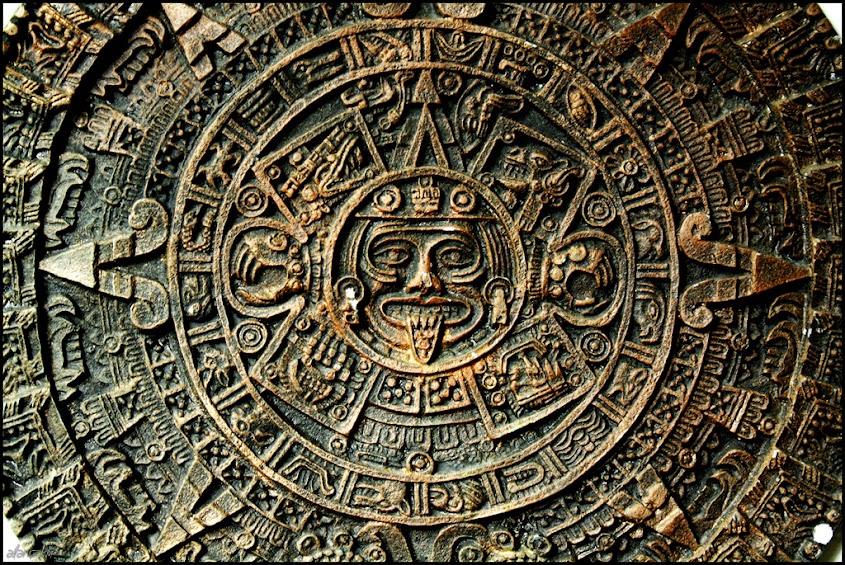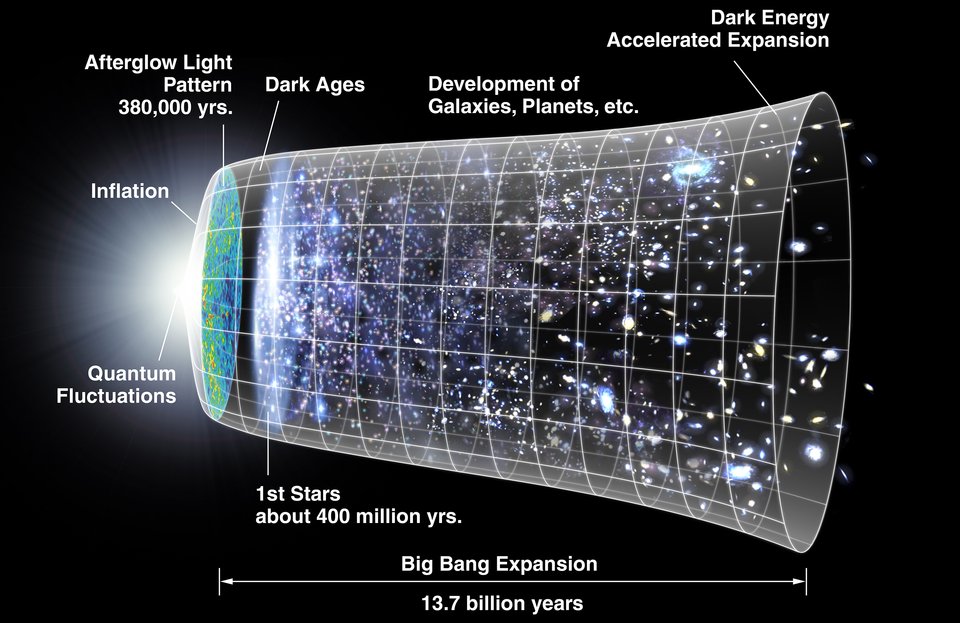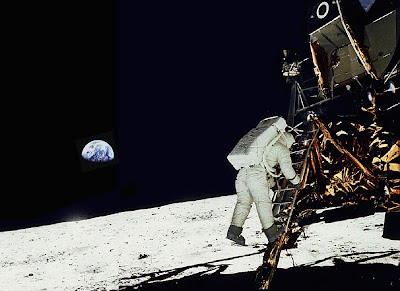The True Nature of Nature
Science aims to reveal what the world really is. Not what we think it should be or what we wish it to be but what it truly is. Science seeks the true nature of nature. But scientists have become increasingly aware that the world we see is only a shade of reality. That the true nature of nature is an elusive entity.
An excerpt from my screenplay:
"No, the universe doesn't scare me. In fact, it is the universe’s expanse that entices me. I find solace in its enormity. Looking out at the night sky, I see that I am just part of a bigger whole. And through studying the rules and laws that govern it, I feel connected to it. No, I don’t fear it. I cherish it. But what I do fear?... is the world within. Because everything that occurs out in this sprawling universe is only revealed to me by my mind. The entire universe might as well be squished between my ears... every burning star and every spinning galaxy."
-by Brett Vollert
It is true that the world is revealed to us by our minds. And one thing that continually is forgotten is that we did not evolve to see the world as it actually is, but instead in a way that best allows us to function within it. We are here to survive and our sensory organs and central nervous system evolved to ensure just that.
One example of this disconnect between reality and our mental image is colors. There are no colors out in the world, only different wavelengths of light (most of which our mind cannot even recognize at all). Colors are simply mental tags used by our minds to create a mental map of our environment. Many people might not even see colors in the same way within their minds. It is also theorized that bats, who see the world through echolocation, use color to create their mental map, even though their visual mapping system is not based on light but instead sound. Once we realize that colors are only the mind's representation of waves, we begin to realize that our senses are merely meant to filter relevant data and our mind to organize that data to make it usable.
The universe is a network of waves. Quantum mechanics has taught us that down at the very small scales of reality, matter acts more like a wave than a thing. Scientists call it a quantum cloud or a realm of possibilities, which is a very vague way of the scientific community saying, "we have no clue." We have so many answers but we are still unable to tell what our world is made of. And even so, life goes on. Perhaps this lack of information is too little to distract us from the little things in life. But once in a while, something small might catch our eye. And we might wonder what the stuff of stuff is.
Similarly, we cannot definitly define our consciousness scientifically and we are also finding that a conscious observer has a huge role to play in our universe. For example, quantum physics has discovered that the universe might actually be observer affected and controlled. This means that our universe is affected and changed by simply our act of observing it. (see videos below) We fell further into paranormal activity when Bells theorem discovered that objects can be affected instantaneously at a distance. Indicating that the universe is non-local, everything is connected instantly.
Magic was once used to explain unknown phenomena. But now when a scientist speaks about the strangeness of the world it seems more like magic than logic, more like philosophy than science. With these recent discoveries, science has seemed to cross into the realm of magic. The true nature of nature is much stranger that any could have imagined. And a logical scientific community is scratching their heads in disbelief of a seemingly irrational reality.
-by: Brett Vollert
Dual Slit Experiment:
Quantum Consciousness:





























































0 comments: